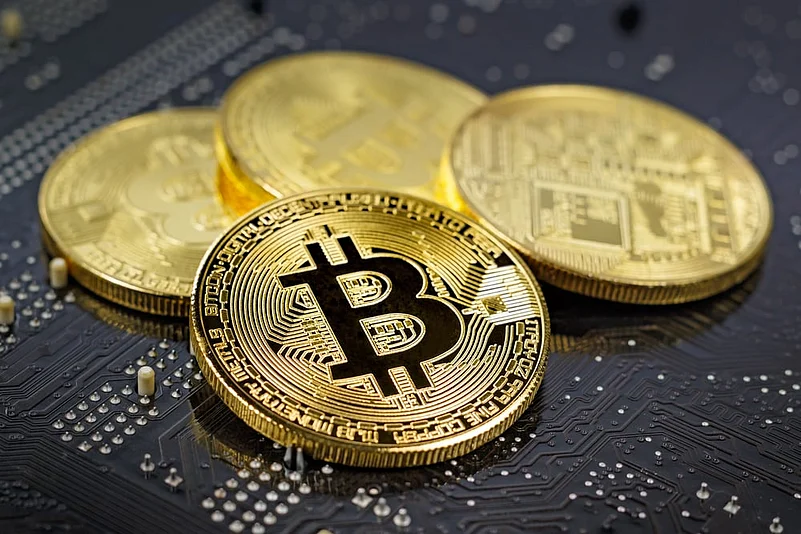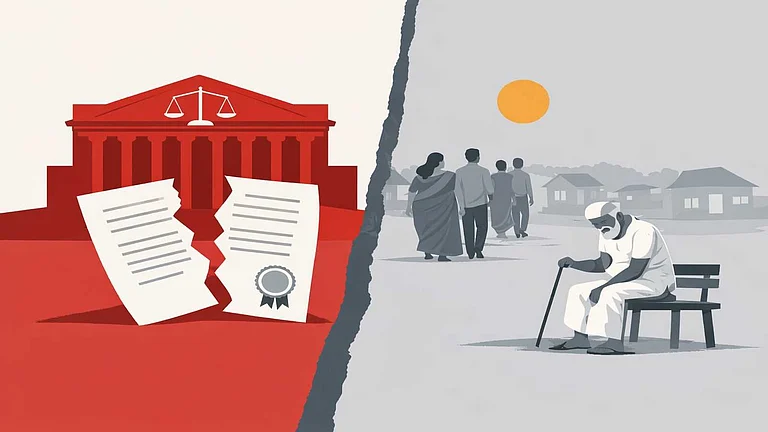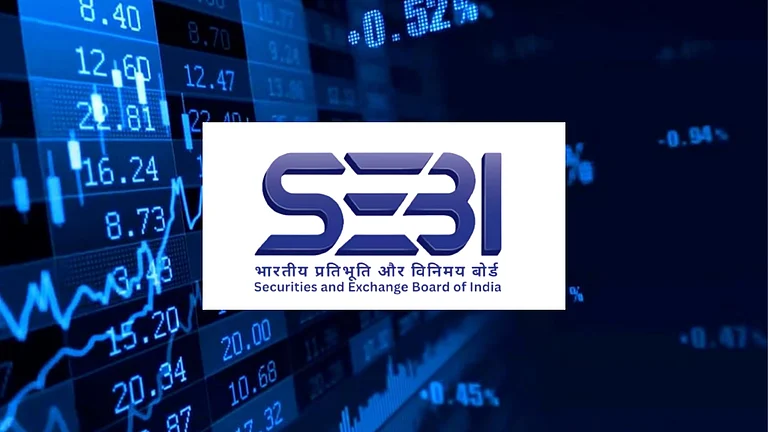United States energy officials have agreed to halt their proposed emergency survey targeting crypto miners, following a settlement with the Texas Blockchain Council (TBC) and Bitcoin mining firm Riot Platforms.
The survey, which aimed to gather information from crypto miners across the country, was criticized by the TBC and Riot for its alleged political motives and potential threat to innovation and economic growth in the United States.
As part of the settlement, all data previously collected from crypto miners for the survey will be destroyed, and any future data collected will also be discarded.
The settlement effectively cancels a temporary restraining order that was in place until March 8, which had suspended the US energy regulators from collecting the data while the lawsuit was ongoing.
The TBC and Riot convinced the judge that irreversible harm would occur without prohibiting further data collection, citing potential damages including non-recoverable compliance costs, the threat of prosecution for non-compliance, and the disclosure of proprietary information requested by the survey.
Additionally, the EIA, the Energy Information Administration, will now allow for a 60-day public feedback period for a new notice seeking comments on the information it is permitted to collect.
This comes after the court found the EIA's initial estimate that the survey would take around 30 minutes to complete to be "extremely inaccurate," with the TBC and Riot claiming that the cost of compliance has been over 40 hours so far.
Solana surges 34.5% in a week, and network metrics support further gains
Solana's native token, SOL, has surged by 34.5% in the past week, hitting its highest point in 23 months on March 1.
This significant increase has raised questions about whether SOL can maintain this momentum after breaking above a key resistance level.
The surge in SOL's price has been attributed to various factors, including increased demand for decentralized applications (DApps) on the Solana network.
Despite facing challenges such as a five-hour outage on Feb. 6, Solana's network metrics indicate strong growth and adoption.
The total value locked (TVL) in Solana's smart contracts has reached its highest level since November 2022, indicating increased user activity and demand for Solana-based DApps.
Additionally, certain Solana DApps, such as the Jito staking solution and the Saber cross-chain liquidity exchange, have experienced significant increases in volume, further highlighting the network's growth.
It's important to note that the surge in SOL's price may also be influenced by external factors, such as recommendations from influential figures like Sam "SBF" Bankman-Fried.
However, the timing of these events and their impact on SOL's price are difficult to ascertain. Overall, Solana's strong network metrics and the increasing demand for its DApps suggest that SOL may be able to sustain its momentum in the near term.
Binance User Drained of Funds Shares Strange Experience
A Binance user, known as "DoomXBT," recently shared a concerning experience on the exchange, detailing how they lost $70,000 in digital assets to a hacker.
The trader noticed strange occurrences on their account, such as sudden sound notifications of orders filling, indicating a possible compromise.
Despite having two-factor authentication active, the hacker managed to perform various trades and exchange assets for BNB tokens, ultimately withdrawing the funds.
Upon contacting Binance support, the trader was unable to prevent the withdrawal, as the funds were quickly converted into BNB and transferred to another exchange called SideShift.
Despite filing a police report as advised by Binance, the trader expressed frustration with the lack of resolution and the customer service agents shifting blame to a hacked Google account, despite no evidence of unauthorized access to the account.
In response, Binance CEO Richard Teng acknowledged the incident and stated that their security task force is investigating the matter.
However, community members criticized the exchange for not freezing withdrawals before the funds were transferred and expressed disappointment with the customer service's handling of the situation.
Many believe that more proactive measures should have been taken to prevent the loss of funds.













